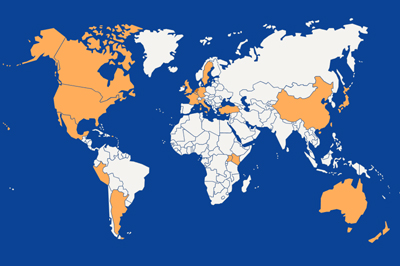Effects of Rock and Water: an intervention to prevent sexual aggression
De Graaf, I., De Haas, S., Zaagsma, M., Wijsen, C. (2015), Journal of Sexual Aggression: An international, interdisciplinary forum for research, theory and practice: 1-16.
This Dutch research conducted by the Trimbos Institute in collaboration with the Rutgers Foundation was published under the title ‘Effects of Rock & Water: an intervention to prevent sexual aggression’ (2015) in the scientific magazine ‘Journal of Sexual Aggression: An international, interdisciplinary forum for research, theory and practice’. As usual, this research has also been the subject of double blind peer review.
Sexual aggression among adolescents is a common problem related to a lack of aggression regulation, positive or permissive attitudes toward sexual coercion, peer pressure, and inadequate communication skills. Rock and Water is a psychophysical intervention that addresses the above issues. A quasi-experimental ‘trial’ has been conducted in the Netherlands. A total of 521 boys aged 14 to 17 years from nine VMBO schools participated in the study.
The research shows that Rock and Water ensures less sexual agression, more self-confidence and more self-control in boys. In the Rock and Water group, participants used significantly less verbal manipulation (such as pushing, lying, getting angry or blackmailing) to get sex. These results did not occur among boys who did not follow the Rock and Water program. A small improvement was also found in ‘confidence in one’s own abilities’ and ‘self-regulation’. This means that the boys trusted themselves a little more and showed a little more self-control. After the main effects were examined, it was tested whether the effects depend on background variables: ethnic background, sexual experience, experience with sexual intercourse, living situation and relationship with parents. Engels However, no interaction effects were found.

